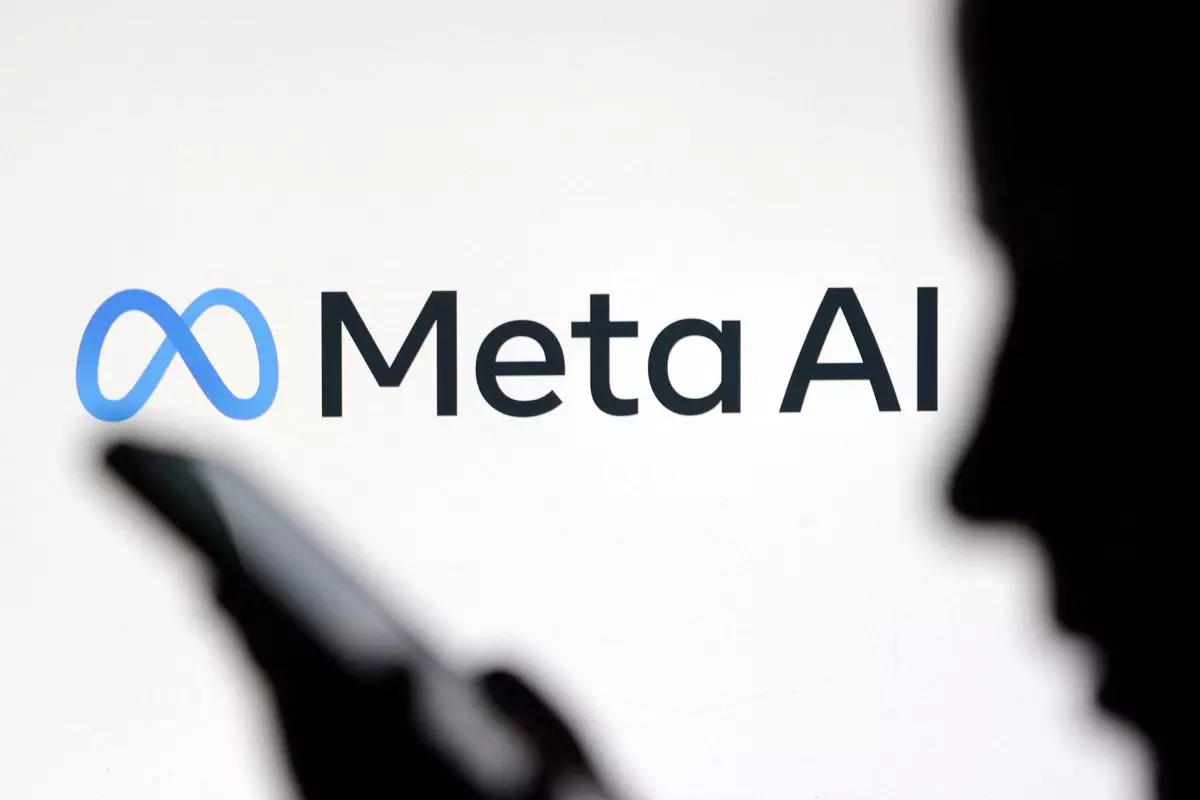In a significant development that could reshape the landscape of artificial intelligence, Meta has unveiled a series of advanced AI models, introducing the “Self-Taught Evaluator” as a solution to reduce human oversight in AI training. This innovation signifies Meta’s commitment to leveraging cutting-edge research to enhance the efficacy and independence of AI systems. The introduction of this model follows an August research paper, emphasizing a novel approach similar to methods utilized by OpenAI, particularly in breaking down complex issues into manageable components—a technique that fosters improved accuracy, particularly in challenging domains such as coding and mathematics.
The core advantage of the Self-Taught Evaluator lies in its training methodology, which utilizes entirely AI-generated datasets, thereby minimizing human intervention during the training phase. This innovative approach aims to create AI systems capable of evaluating their own outputs, theoretically paving the way for autonomous learning agents. The concept of self-improving AI aligns with a broader aspiration within the tech community to develop digital assistants that can manage multifaceted tasks with little to no human input. As articulated by researchers involved in the project, the vision is for these agents to learn from their failures, a critical step towards achieving a level of intelligence that surpasses human capabilities.
This innovation could fundamentally disrupt the traditional reliance on Reinforcement Learning from Human Feedback (RLHF), a process that requires extensive human expertise to validate and annotate data. With AI evolving to evaluate itself more efficiently, Meta proposes a model that could significantly reduce the costs and inefficiencies associated with RLHF. Jason Weston, one of Meta’s researchers, emphasizes the potential of AI to surpass human performance in self-evaluation tasks, further solidifying the argument for a shift towards autonomous systems.
While Meta takes strides in this domain, it’s essential to note that other prominent players like Google and Anthropic are also exploring similar methodologies, albeit without making their models publicly accessible. This competitive environment underscores the urgency for companies to innovate continuously, as advancements in AI technologies could lead to groundbreaking applications across various sectors. Furthermore, the push for transparency from Meta may offer it a competitive edge, fostering collaboration and engagement within the AI community.
Expanding the Horizon
In addition to the Self-Taught Evaluator, Meta simultaneously released other tools, including updates to its image identification technology and resources for accelerating response times in large language models (LLMs). These developments not only fortify Meta’s position within the AI landscape but also point towards an expansive vision for harnessing AI in various applications, such as discovering new materials or enhancing automated processes.
Meta’s new releases epitomize a pivotal moment in AI research, embracing the potential for self-evaluation and autonomous learning. As this technology evolves, it poses both opportunities and challenges for the future of AI, ultimately redefining the parameters of human-AI interaction.

